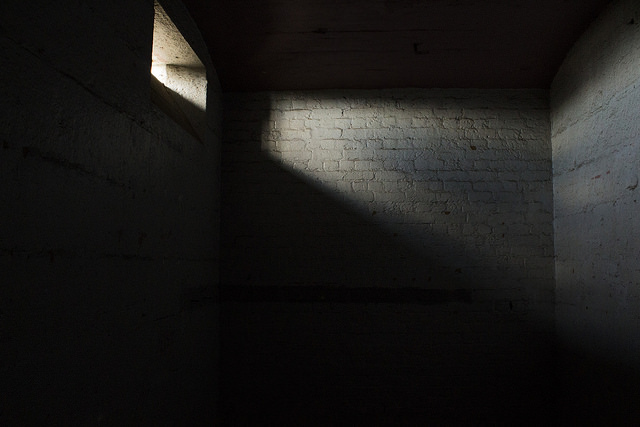Canada struggle to end solitary confinement is "justice deferred"

Until recently, under Canadian law, prison administrators could confine their charges to an indefinite period in solitary confinement. Thanks to a pair of high profile court rulings, this could change in a big way, provided the Federal government can get its shit together.
Last month, the Supreme Court in the Canadian province of British Columbia struck down a law that allowed prisoners to be kept indefinitely in solitary confinement. It was a huge win for prison inmates and society: long-term solitary confinement does nothing to rehabilitate or condition an individual to become a more productive member of society. Worse, as humans are social animals, being locked away from our peers for long periods of time can cause psychological trauma--that's not something you want to do to someone who'll eventually be released back into society. Human rights activists in BC applauded the court's decision. Unfortunately, a similar case, heard in a different region of Canada, is keeping the verdict from changing the country's confinement laws.
This past December, a Superior Court Judge in the province of Ontario handed down a verdict that found that solitary confinement lasting any longer than five days is absolute bullshit, according to the Canadian constitution. But, as the CBC details, the practice of doing so does not violate the constitutional rights of the individual being thrown into solitary.
Both verdicts have merit, but which has more weight?
It's a question that the Canadian government has decided can only be answered by another run through the legal system. As such, it has appealed the Supreme Court of British Columbia's decision, looking for 'judicial clarity.' At the same time, the Canadian Civil Liberties Association has appealed the ruling of the Ontario ruling.
In the meantime, inmates in Canadian prisons and, eventually, our society once those prisoners are released, will pay for all the legal foot dragging. As the acting litigation director for the Canadian Civil Liberties Association puts it:
...prisoners continue to spend weeks, months and even years in small cells without human contact. She called the federal appeal "another example of justice deferred" for the vulnerable and marginalized.
Image via Flickr, courtesy of jmiller291